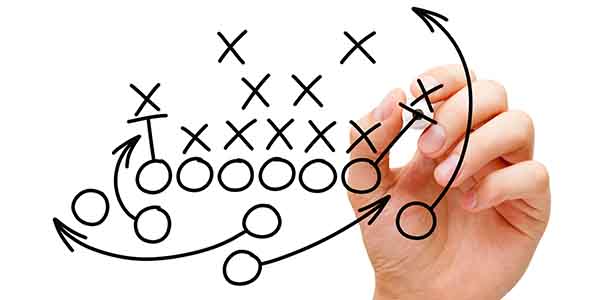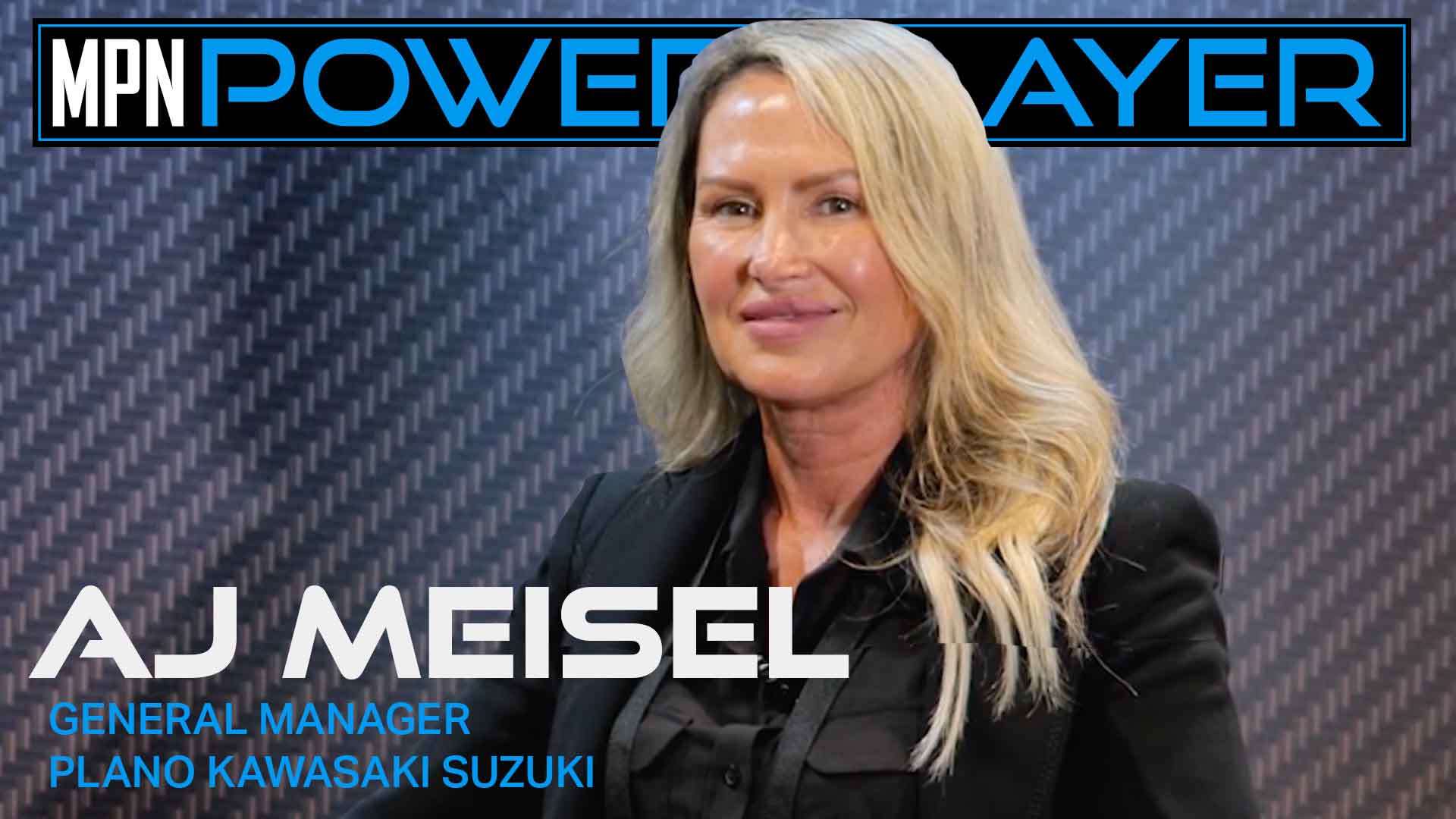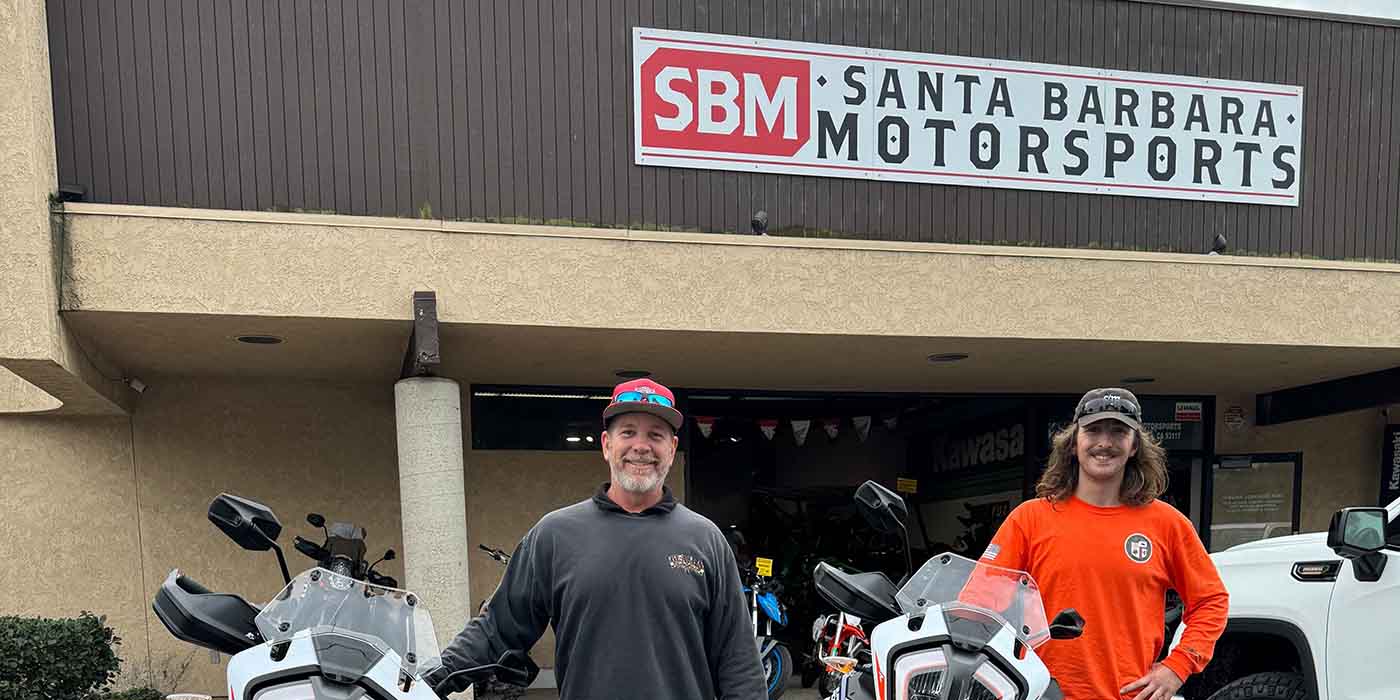The difference between a boss and leader
 [dropcap]I[/dropcap] was recently called “boss” and I didn’t really care for it. It wasn’t the first time I have been called that, but it always feels weird hearing it. This time, it felt like lemon juice on a paper cut… maybe it was the tone or maybe the circumstances. Yes, technically I am the boss, but it didn’t make that any better. I guess it felt similar to being called Sir or Mr. when you’re in your late-20s or early-30s (by the way I don’t like those either and I’m 43). Maybe it’s just me or maybe it’s not, so I started reading about it and asking around to some of my dealer friends to get their thoughts.
[dropcap]I[/dropcap] was recently called “boss” and I didn’t really care for it. It wasn’t the first time I have been called that, but it always feels weird hearing it. This time, it felt like lemon juice on a paper cut… maybe it was the tone or maybe the circumstances. Yes, technically I am the boss, but it didn’t make that any better. I guess it felt similar to being called Sir or Mr. when you’re in your late-20s or early-30s (by the way I don’t like those either and I’m 43). Maybe it’s just me or maybe it’s not, so I started reading about it and asking around to some of my dealer friends to get their thoughts.
One of my friends is the parts manager of a local dealership and he said he didn’t like it, either. Being called the B-word made him feel like “Da Man” rather than part of the team.
The owner of a different dealership said, “I cringe when I hear that word. I’d take ‘manager’ or ‘owner’ over being called ‘boss’ any day!”
Since I have plenty of shops near me, I went to see one more. This manager is known to be a little bit of a hardass, so I was really curious to see how he would respond. He didn’t say he liked it, but he also didn’t say he hated it, either. By definition a hardass is a boss “who follows rules and regulations meticulously and enforces them without exceptions.” I guess if the shoe fits…
However, I still hate the word. Why? Because for me it implies someone who has no willingness to work as part of the team. A dictator is the first thing that pops into my mind. Very few “bosses” possess the flexibility and emotional intelligence required to be the type of influential leader that efficient and productive teams demand.
Instead of developing, coaching and building the associate, mistakes become immediate performance write-ups or disciplinary actions for a boss. The method of operation becomes “my way or the highway” rather than opportunities for teachable moments. A fine line exists in the differences between a boss and a manager. Good managers are also the boss, but not all bosses are good managers/leaders.
[pullquote]“This is an enthusiast-driven industry. I believe a lot of people have forgotten why they got into it to begin with, and just became a boss.”[/pullquote]
A Boss Has Employees
Within any company, people show up when the workday begins and leave when it ends. A boss’ influence and control ends when employees leave the workplace. A boss usually has to deal with higher employee turnover.
Leaders Have Followers
The ideas and vision of leaders inspire people to follow them. The day-to-day becomes more than a job; it is a way of life. People follow the leader because his or her ideas give hope for the future and offer change. Followers are there because they believe in the vision. Not many companies in our industry do a lot of team building events, but this is why they do it in the corporate world. When you have a good leader/manager, they create a team atmosphere of employees wanting to work together for the greater good.
A Boss Will Use Power
Management is structured and functions off of authority. There are rules and methodologies. A boss will sit at the top of a hierarchy and use that power to ensure tasks are completed
as requested.
Leaders Use Influence
Leadership functions off of motivation and inspiration. Leaders are charismatic and use their influence to build teams. Leaders listen and counsel, teaching their followers. Through positive methods of teaching and teamwork, relationships become more focused on mentoring and growth rather than limited to the tasks at hand.
A Boss Will Seek Results
The end result is the goal for management team members. They want to see the product or service conveyed effectively to clients and consumers, resulting in higher numbers for the company. They focus on maximizing money acquired while minimizing cost.
Leaders Seek Growth
Results are also important to leaders, but they spend more time focusing on the growth of the company than on the numbers. Impact is a key component of a leader’s plan.
Management is important. Without it, companies would not run efficiently. But companies from the dealership level all the way up to the OEMs are better off with leaders rather than a boss. Leaders are important for their abilities to focus on people. Productivity will thrive with proper management and employees will thrive with a leader. The best managers are great leaders, balancing the numbers and results with the people achieving those goals.
Bottom line: This is an enthusiast-driven industry. I believe a lot of people have forgotten why they got into it to begin with, and just became a “boss.” Take a step back and think back about what got you where you are. This industry is supposed to be fun, get the fun back and the rest will follow… and don’t call me boss, dammit!













